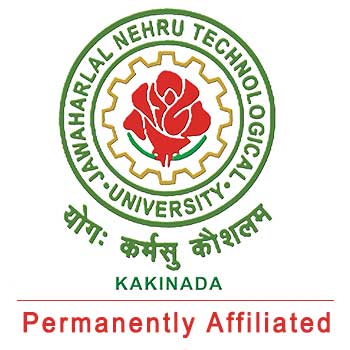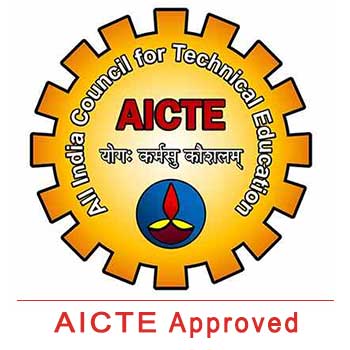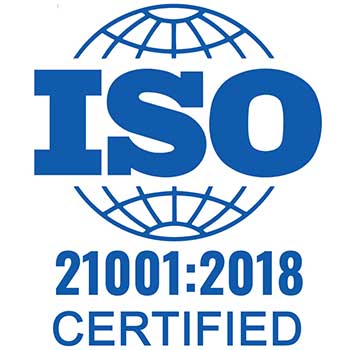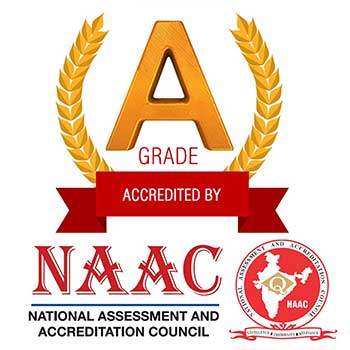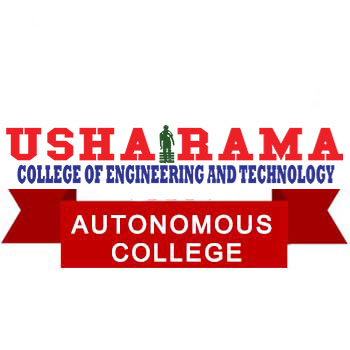System Optimization of Variable Speed Drives using coupled simulations
Title of project: System Optimization of Variable Speed Drives using coupled simulations
Total grant sanctioned for the project: Rs.16,60,800/-
Awarding body: Science and Engineering Research Board (SERB).
Department: Electrical and Electronics Engineering
File Number: SERB/F/4560/2013-14 dated17.10.2013
Project Summary
Variable Speed Drives (VSDs) are increasingly used in many commercial and industrial applications because of many advantages in control and energy saving. The bearing current, stator winding, cable faults are most frequent in PWM fed VSDs due to harmonics generated by switching converters used in PWM inverter, nearly 30% according to an IEEE motor reliability studies. Motor life has historically been from six to ten years with sinusoidal 50Hz power to the motor. However, with modern variable speed drives (VSDs), some users are seeing stator winding insulation, bearing and cable damage in as little as one week or one month of installation due to unwanted heat generation and increased power consumption. In order to protect VSD investment, effective or optimized design of VSD is highly recommended for improving combined system performance and to avoid unwanted shut down of drive system due to various mechanical and electrical faults.
The purpose of this work is to illuminate the field and issues in this "voltage-source-converter - classical electrical machine" system in considerable depth. Simulations shall identify which aspects of the voltage waveform cause which effect inside the machine. This can eventually serve to optimize the entire VSD & machine system. Possible outcomes of the work are specific cause effect relations, both qualitatively and quantitatively.

